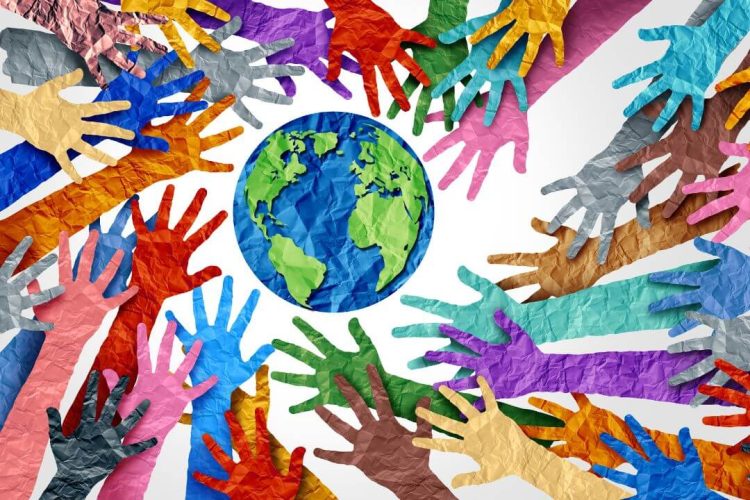Intersectionality is a concept that has been increasingly recognized in the field of mental health services. It involves the interconnected nature of social identities, such as race, gender, class, and sexual orientation, and how they intersect and influence individuals’ experiences of mental health. Intersectionality recognizes that individuals are not solely defined by their mental health status, but also by the various social factors and systems that shape their lives.
One of the key aspects of intersectionality is the recognition that mental health is not a universal experience. Different individuals may face different challenges based on their intersecting identities. For example, a person of color may experience higher rates of mental health challenges compared to their white counterparts, due to systemic racism and discrimination. Similarly, women may be disproportionately affected by mental health stigma and limited access to services due to gender inequalities.

Intersectionality also highlights the importance of understanding the impact of multiple social identities on mental health outcomes. It recognizes that individuals may experience different stressors, coping mechanisms, and barriers to care based on their unique identities. For example, a person from a marginalized community may face additional challenges accessing mental health services due to cultural barriers or economic constraints.
In mental health services, intersectionality calls for a comprehensive and holistic understanding of clients’ experiences. It involves recognizing that a person’s mental health is influenced by their intersecting identities and that it is crucial to address these factors to provide effective support. For example, a therapist may be better equipped to provide support to a client from an LGBTQ+ community if they identify as LGBTQ+ or have experience in this area.
Intersectionality also emphasizes the importance of diversity in mental health services. It calls for the inclusion of diverse representation among mental health professionals, as well as the provision of culturally competent and sensitive care. By acknowledging and addressing the unique experiences of individuals from different backgrounds, mental health services can reach a broader range of clients and improve their overall well-being.




No comment yet, add your voice below!